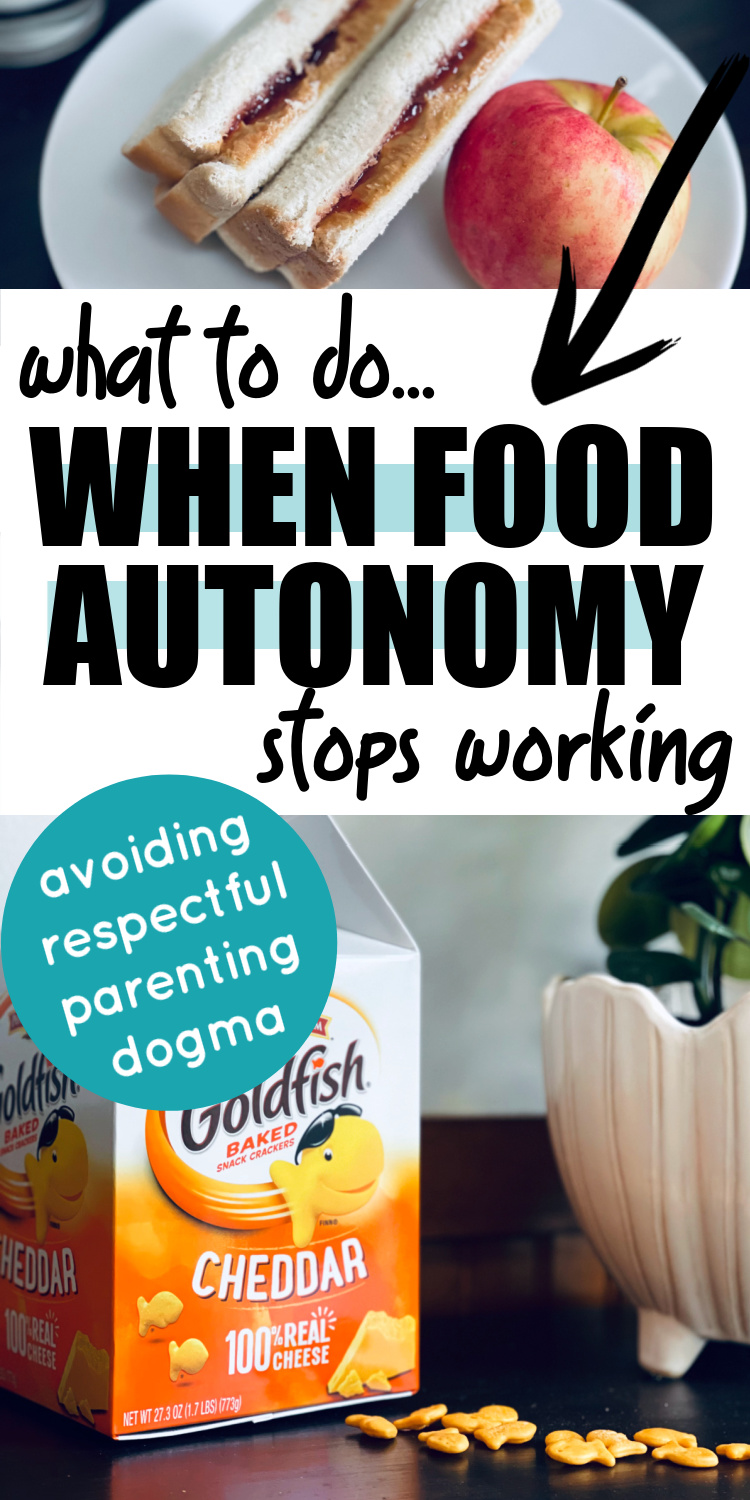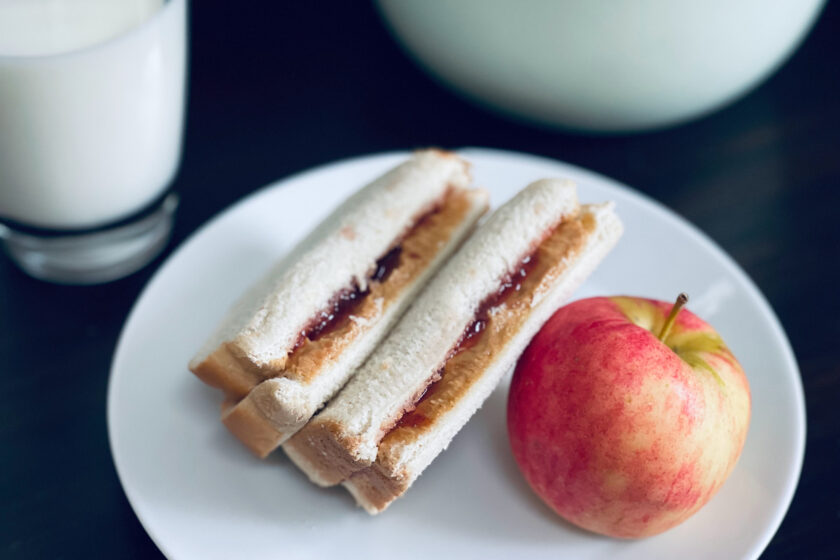Inside: But does food autonomy work for every child? What I did when food autonomy stopped working for my middle child…on avoiding parenting dogma and leaning into your intuition.
The Facebook post was big and bold, as almost all Facebook posts are.
It read, “Don’t force your kids to eat foods they don’t like. It won’t teach them to eat healthy; it promotes eating disorders.”
Strong opinions are like magnets: they’ll attract every other strong opinion out there, especially when it comes to parenting.
Heading straight to the comments, I saw exactly what I expected to see: both sides were up in arms, ready to defend their parenting choices around food.
Fans of the account that shared the meme were there, ready to defend the statement with everything they had, with comments like, “How could you even consider not honoring a child’s autonomy?! Forcing them to eat certain foods?!”
They insisted over and over again: if you do that, you’re NOT respectful parenting, and you’re definitely not unschooling.
Skeptics suggested the opposite, that not forcing your child to eat certain foods is what causes problems around food. They didn’t offer much in the way of real life stories of trying the other way and it not working, but they did insist that they were right, the original poster was wrong.
Battle lines were drawn, dogma VERY apparent on both sides of the fence.
At the heart of it all was the question: what if food autonomy doesn’t work for every child? What if.
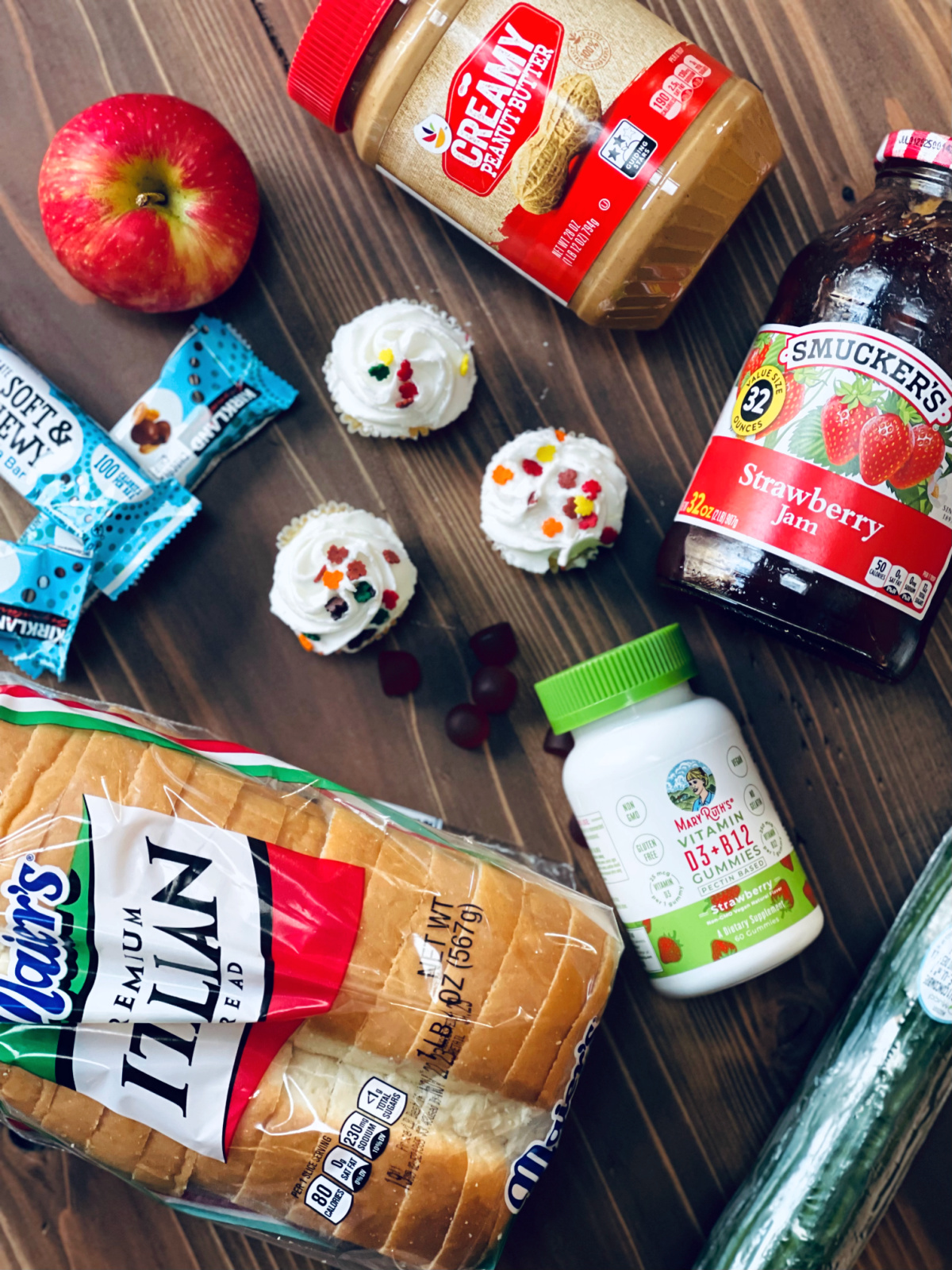
When Food Autonomy for Kids Breaks Down
This post probably contains affiliate links, which means I may earn a commission if you make a purchase through those links. As an Amazon Associate, I earn from qualifying purchases. You can find our full disclosure HERE.
The stories that drew my attention the most? The parents who have tried it both ways and come to their own conclusions based on their actual, real life child.
The handful of stories from parents who tried letting their children eat what they wanted, free to reject the rest, and it didn’t go the way radical unschooling purists said it would.
According to those few parents who dared to speak up (SO dang brave), their child ate only “beige foods” and as a result, their child ended up underweight and nutritionally deficient.
It got to the point where the parent completely changed course and insisted that their child try new foods and clear a small plate with foods the parent chose.
Am I suggesting that food autonomy for kids is a bad idea? If you’re read the first two posts in this series, you know I’m not.
What I am saying is that parenting dogma is lovely…until that dogma meets a real life child who defies the theoretical outcomes that sound great on paper and work well for so many families, but for whatever reason fails to work for others.
It’s great for every parent promoting and defending said dogma, where the outcomes are all positive and beautiful and wonderful.
It’s great until the parent trying to apply the same dogma believes real harm is coming to their child because they are holding too tightly to a philosophy that isn’t working for the child in front of them.
Read The First Two Articles in the “Food Autonomy for Kids” Series:
- 5 Really Good Reasons to Give Your Kids Food Autonomy
- Food Autonomy for Kids: Practical Advice for Making It Work
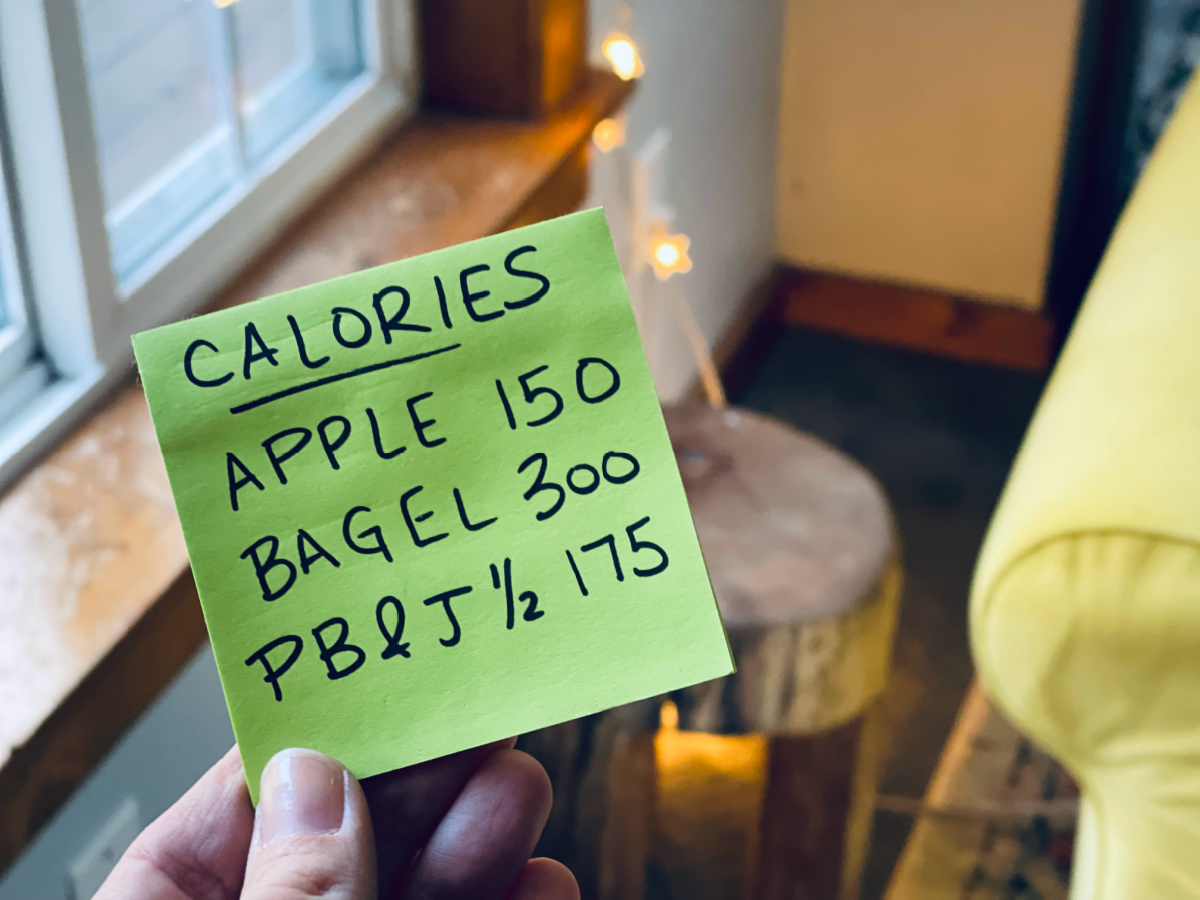
We, Too, Have Wrestled With Food Autonomy’s Limitations
While overall, food autonomy – with certain guardrails – has been a great fit for our family.
But we do have one extremely picky eater, the same picky eater who became a vegetarian at 3-years-old.
When pushed to try new things throughout the past several years, he would almost throw up. We know now that he is extremely sensitive to food texture.
But he was never so extreme that he didn’t have at least a handful of fruits and vegetables that he would eat. And he voluntarily tries new foods from time to time.
I felt comfortable giving him food autonomy…that is, until he got sick.
After two back-to-back sicknesses that led to him throwing up, he was afraid to eat anything because it would make him throw up again (i.e. emetophobia).
We had to coax him back to normal eating levels, talking daily about the importance of eating enough calories and getting the protein and nutrients he desperately needs.
I worried about his caloric intake. I worried that we would lose some of the 12-15 foods he does eat voluntarily.
I wasn’t sure how to handle it. Do I trust him to not eat? Do I “force” it?
Strict adherents to food autonomy dogma said just wait and trust, but my intuition said otherwise.
You Might Also Like: Should Kids Do Chores? A Healthier Approach (for Parents AND Kids)
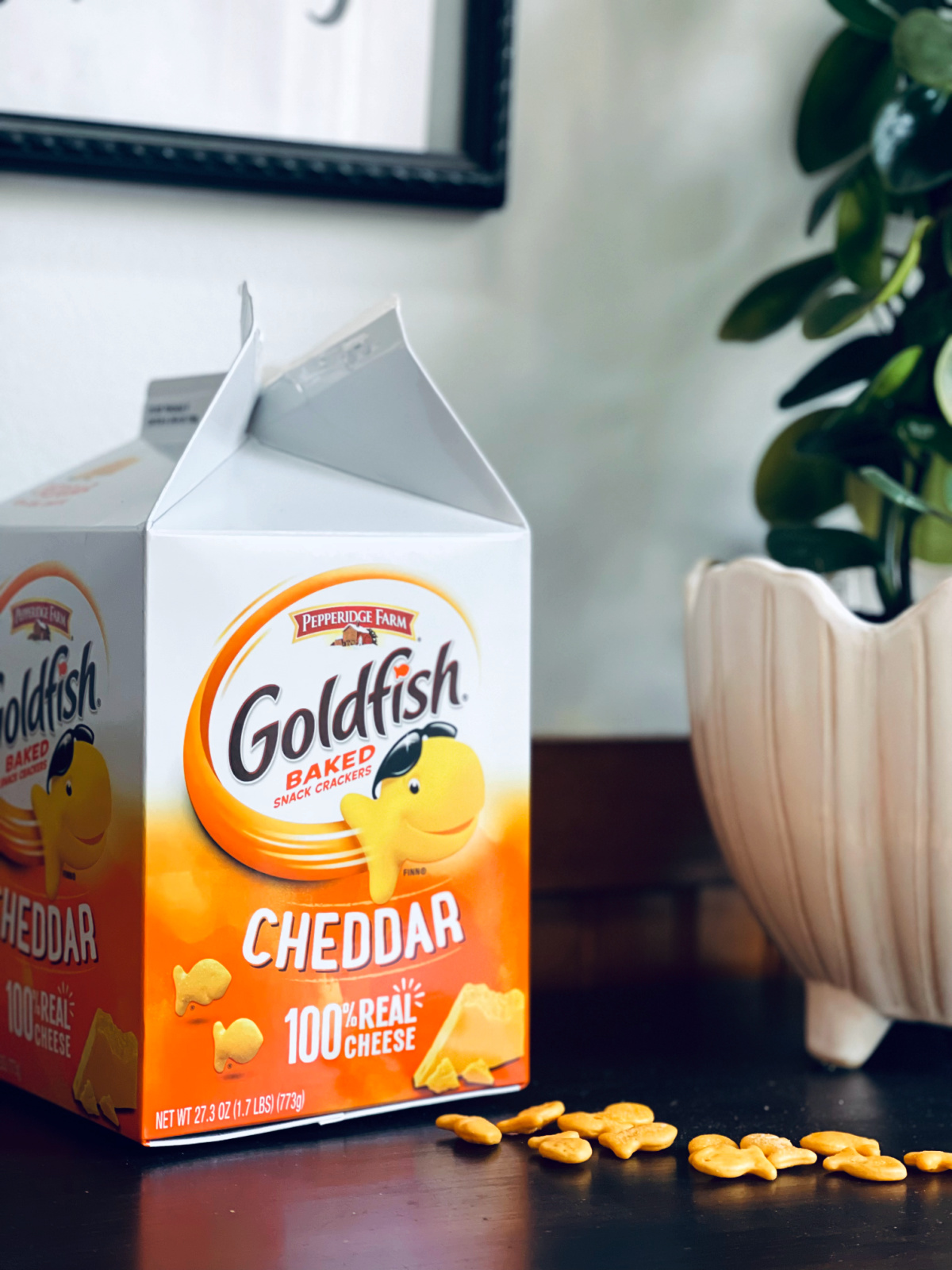
When It Comes to Food, Every Child Is Different, Every Situation Is Different
Left to his own devices, I’m honestly not sure he would have recovered. My mom gut told me he needed connection, coaxing, and encouragement.
Did we force him to eat? That’s debatable, I suppose.
I didn’t shove the food in his mouth, but I did offer his usual foods in small portions, and I did say over and over again that he needed to build back up to his previous eating levels.
I had to take it one day at a time, sensing as best I could when he was not up for coaxing, and when to push a little bit more than I normally would.
He recovered slowly. He ate A LOT of goldfish during those weeks because that food felt the safest to him at the time.
At that point, I was just glad he was eating something.
Today, after many weeks, he is back to his version of normal: still eating 10-12 foods, which does include 3-4 fruits and vegetables and protein.
He will voluntarily try new fruits and vegetables (grapes were a recent try) and work them into his schedule. He knows he needs to eat a food regularly for it to eventually become a safe food for him.
Good did come out of this recent rough patch: we finally found a vegan vitamin that we worked with him to get him to tolerate. For him, it was the vitamin being mentally similar to gelatin-based gummy vitamins that made it difficult for him at first.
But we insisted. We gently persisted.
We asked what we could do to make it easier for him to adjust to taking it. We brainstormed together and worked through it together every single day for weeks.
Did getting him to take the vitamin involve drinking soda with the vitamin every day for 5-7 days? Yes, yes it did. But even if it still required a few sips of soda per vitamin (it doesn’t) I still consider it a success.
Did I insist he eat meat? No.
Did I talk regularly about how it’s important that he didn’t lose any of the foods he currently eats without replacing them with some type of equivalent food? Yes.
Did I have to gently encourage him to eat his daily peanut butter and jelly and pizza bagel to get that protein he needs? Yes.
Did I regularly bring him cucumbers and apples – two safe foods – without him asking? Also, yes. Did he eat them? Yes.
So you see, I’ve experienced the child who had so much anxiety around food that his normal hunger signals seemed to be “broken”. I had to work with him to come up with his own custom food autonomy plan that we could both live with.
I’ve learned that sometimes food autonomy is straightforward. And sometimes, it’s really messy with a whole lot of gray.
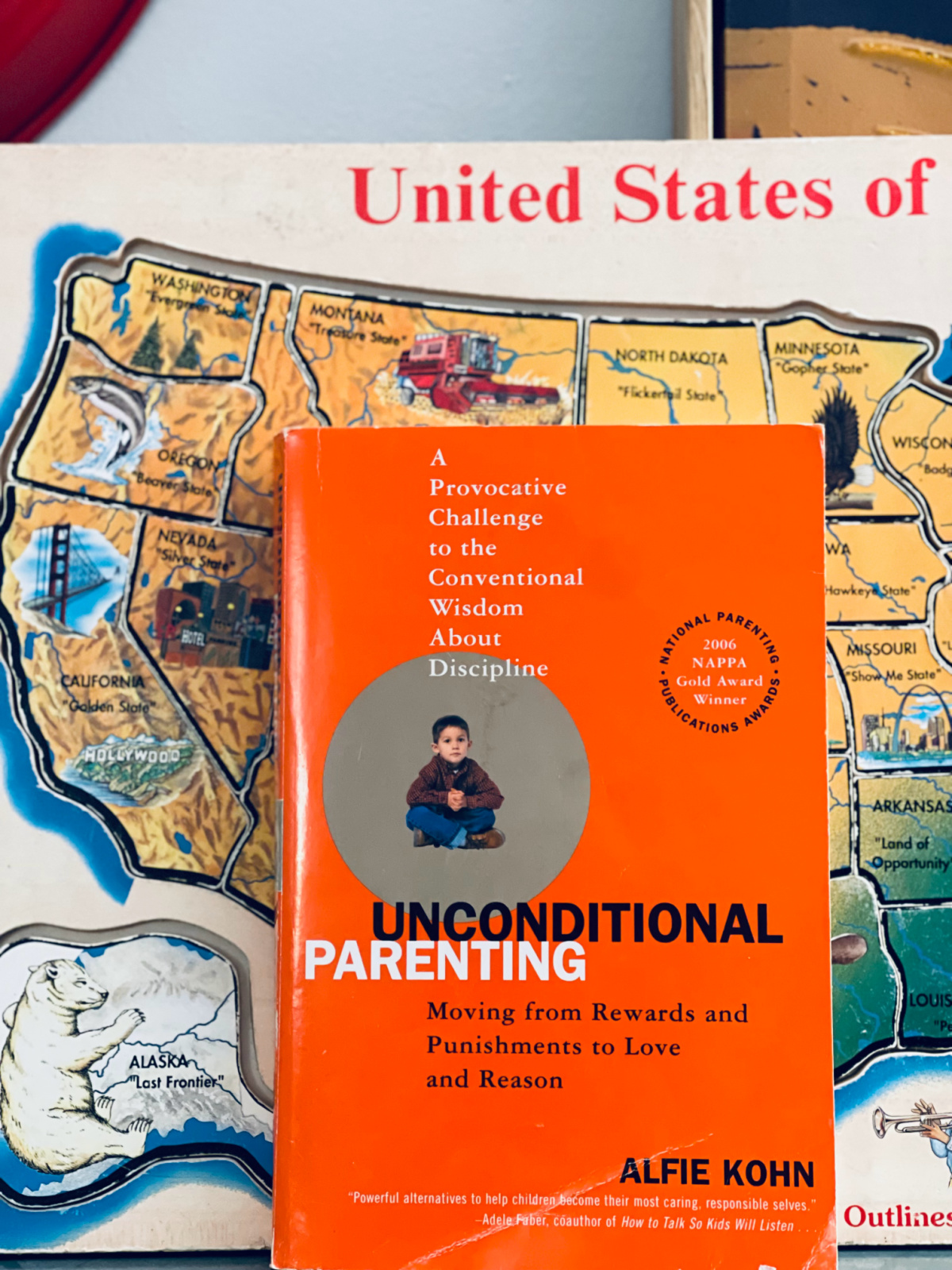
When Any Parenting Dogma Becomes More Important Than The Child In Front of You, There’s a Problem
I’ve been on the other side of the parenting dogma aisle, so to speak.
Back then I regularly spanked every time my child disobeyed because that’s what the Christian authoritarian parenting gurus said I was supposed to do to “keep them safe”.
After all, what if they went to cross the street and didn’t stop when I said, “Stop”? Disobedience is deadly, or so the guru’s said.
Maybe the proponents of this dogma didn’t expect a child to disobey that many times in a day? Or for parents to take their mandates so literally?
Christian authoritarian parenting dogma also told me my child was also supposed to eat anything I put in front of them and not question it because “the parent knows best”.
I’m really thankful I found the courage to walk away from what I now consider to be an abusive parenting philosophy.
But can running to the extreme opposite side of the aisle be just as dangerous? I think so.
Can I really say to the parent of the child who refuses to eat anything but beige foods that they are wrong to insist that their child broadens their diet?
I am not in their shoes. I don’t know what they’ve tried and what they haven’t.
I don’t know how malnourished their child looked or how much weight they lost.
I don’t know because I’m not there.
If that parent is staying connected to their real life child, and they believe their child is in danger of harming themselves, I trust that the parent is doing the best they can to keep their child safe.
And Isn’t that a vital part of every parent’s job?
Maybe sometimes, respectful parenting looks like abandoning what you thought was the “right” way to parent. Or maybe sometimes, it looks like bending your principles and finding balance.
Related: 8 Simple Phrases We Use to Handle Misbehavior in the Little Years
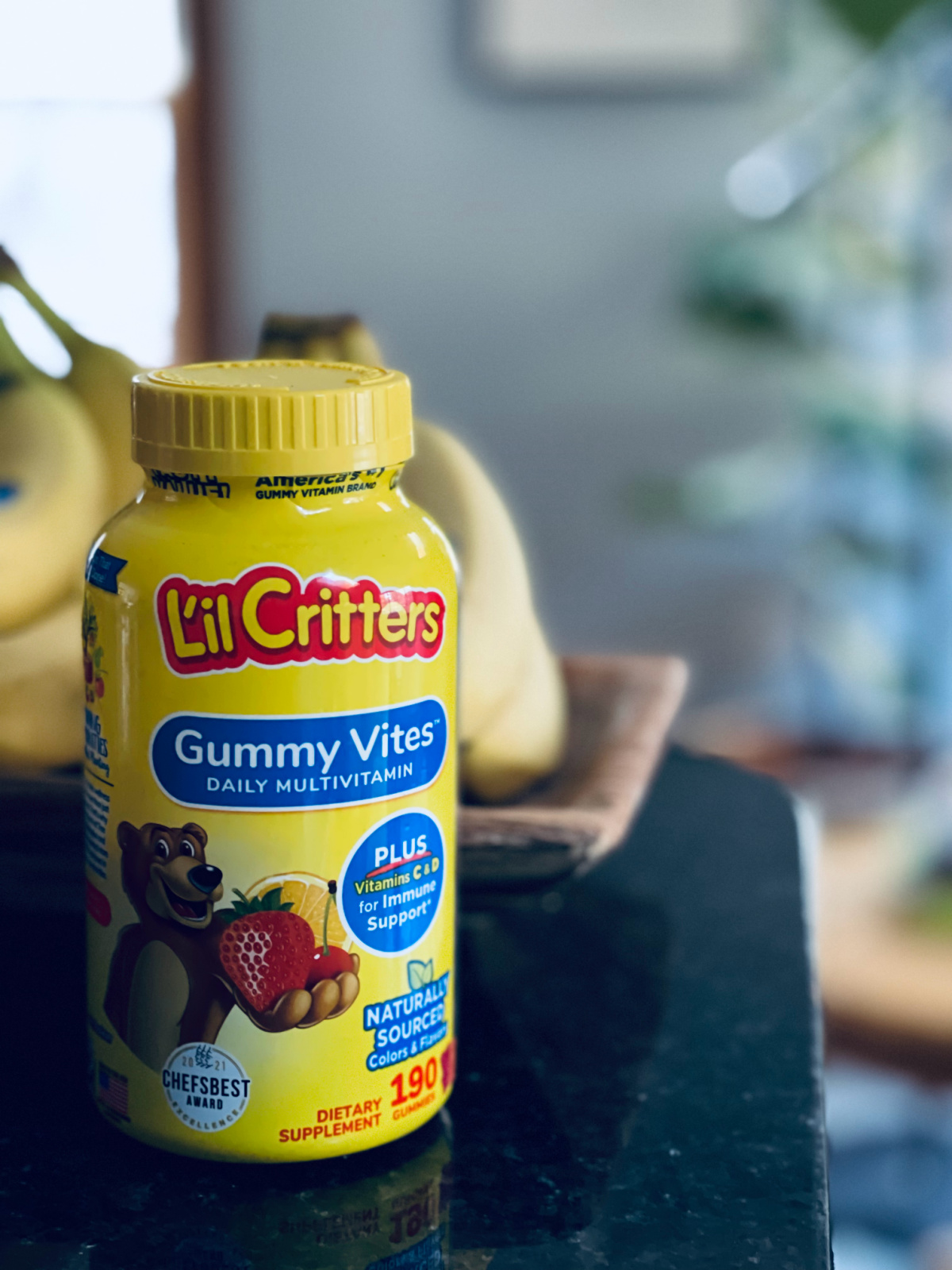
Unfortunately, There Is No Perfect Parenting Formula
Social media is chock full of dogma because we all desperately want a parenting guru to tell us the parenting formula.
We want it to be black and white, clear cut, no nuance and definitely not gray.
We want to apply this one perfect parenting philosophy (A+B) and get the outcome of a perfectly adjusted, successful adult child (=C) who doesn’t need too much therapy.
When in reality, parenting looks a whole lot more like A+B-A+R-B+X+A+Z+Z…(well, you get the idea). It’s two steps forward, one step sideways, or something like that.
I’ve offered you a lot of “what works for us” advice around food autonomy. I’ve told you our reasons for choosing this path.
But at the end of the day, for whatever reason, what works for us with food autonomy might not work for you, so my ultimate encouragement is to stay connected to the child in front of you.
That’s why learning to trust your parenting gut (even when it defies your preferred flavor of parenting dogma) and having the courage to follow it is so critically important! Even when your tribe is still holding tight to the dogma.
Remember: you don’t owe the parenting gurus anything; you don’t owe other respectful parents anything.
You do owe your child a commitment that you will do the best, imperfect parenting job you can. That you will listen to your intuition and act accordingly.
And maybe as a whole, all of us parents can learn to hold back our judgments and trust that most parents want the very best for their child and are doing the best they can with the information they have at the time?
Being a parent right now is hard work. Heck, being a HUMAN right now is hard work.
And we’re all just out here trying to get our kids to adulthood in this crazy world, as unscathed as possible.
A little empathy goes a long way.
Read Next: The Best Respectful Parenting Books I Wish I’d Read Sooner
